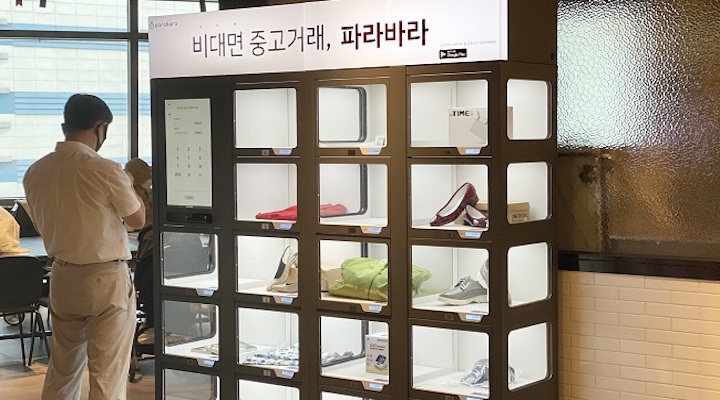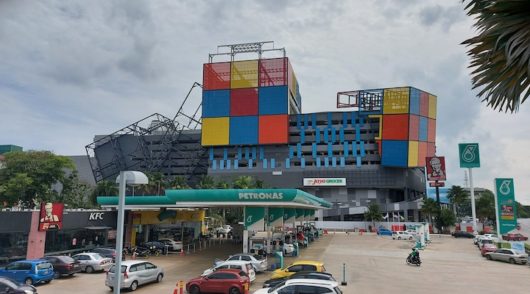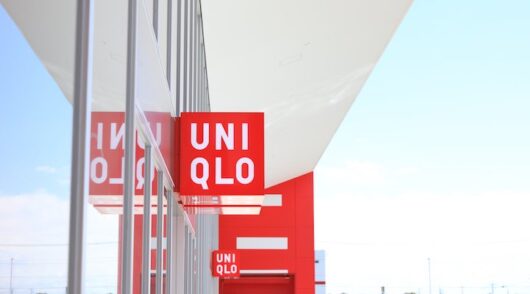South Korea’s retail giants are invigorating efforts to dominate the second-hand transaction market, and this focus is expected to accelerate further with Naver Corp poised to make an entry.
The internet portal giant is reviewing the idea that its recently acquired Poshmark Inc., a US social commerce platform specializing in secondhand apparel trade, could step into the South Korean market, according to industry sources.
Once the equity acquisition is completed in April next year, Poshmark is expected to become an independently operated Naver subsidiary.
If Naver Shopping, the Naver’s online shopping site and Coupang Inc.’s only rival in the e-commerce market, unites forces with Poshmark, it would create a huge ripple effect.
Other major retailers are also making bigger forays into the secondhand market.
Lotte Group, for instance, announced that it would enable a non-face-to-face pickup service for direct secondhand transactions through the convenience store chain 7-Eleven, which is currently operated by Lotte’s affiliate Korea Seven Co.
After buying items at the secondhand marketplace platform Joonggonara, which was acquired by the group last year, customers will be able to take delivery of the items at 7-Eleven convenience stores.
Shinsegae Group also invested in the secondhand transaction app Bungaejangter via its venture capital subsidiary in January.
Bungaejangter opened an online store at SSG.com, the online mall arm of Shinsegae, and provides resale services with a focus on secondhand luxury items.
According to the Hana Financial Management Research Institute, the size of the nation’s secondhand market jumped from about 4 trillion won (US$2.77 billion) in 2008 to 20 trillion won in 2020.






